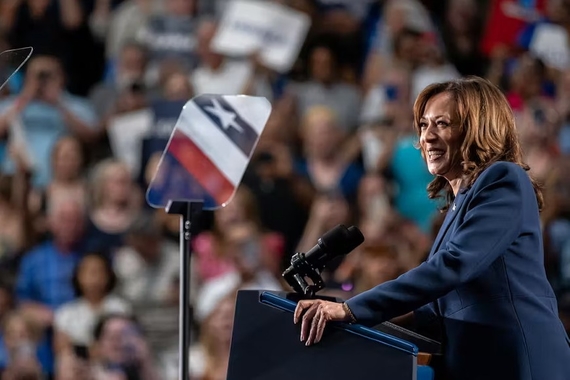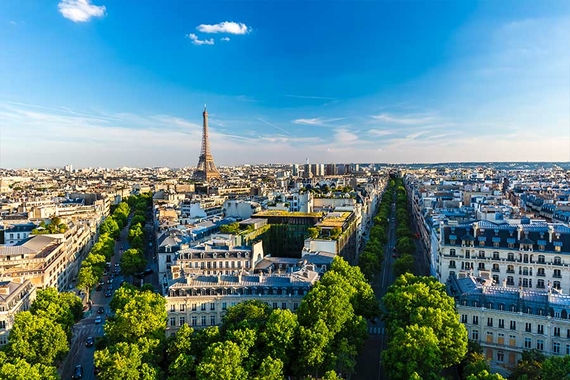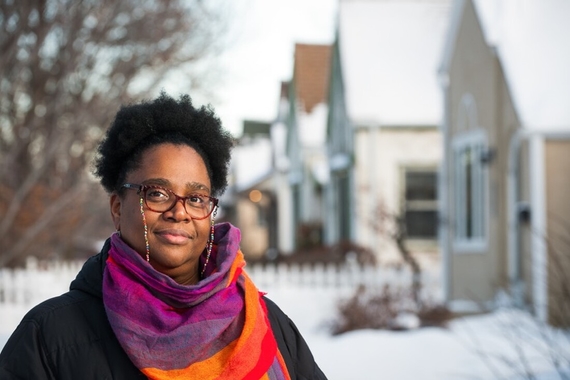Indigenous Peoples' Day 2023
On Indigenous Peoples' Day, we
- Honor our Indigenous students, staff, faculty, alumni, and community partners.
- Celebrate the important teaching, research, creative work, and collaboration that involves and studies Native cultures, history, languages, and issues.
- Recognize that our University and society have work to do to continue to move toward reconciliation and healing with Tribal Nations.
The TRUTH Report
The Towards Recognition and University-Tribal Healing—TRUTH—project is a Native-organized, Native-led, community-driven research movement that offers multiple recommendations on how the University of Minnesota community can be in better relation with Indigenous peoples.
The Department of American Indian Studies fully endorses the TRUTH Report and calls upon the University community and the public to join us in demanding that the Board of Regents and upper administration take immediate action to stop and repair the University of Minnesota’s historic and ongoing harm that continues to be perpetrated against Dakota, Ojibwe, Ho-Chunk, and other American Indian and Indigenous peoples of this area.
Land Acknowledgement
Hau mitákuyepi! (Hello, our fellow creation!)
Boozhoo indinawemaaganag! (Hello, my relatives!)
We call upon our neighbors in the University community and the good people of the state of Minnesota to acknowledge and reflect upon the fact that the University of Minnesota stands on Miní Sóta Makhóčhe, the homelands of the Dakhóta Oyáte. We call upon our neighbors to acknowledge that the river that winds through campus links us to the sacred site of the Dakhóta people’s origin at Bdote, where the Minnesota River joins the Mississippi. Our Dakhóta hosts invite us to say “Bdote,” to say “Miní Sóta Makhóčhe,” to acknowledge the Dakhóta Oyate’s sovereignty and their spiritual ownership of this homeland, their place of origin. This sovereignty, this place, and this water is sacred, and the Department of American Indian Studies wants to share this fact with those who may have forgotten that.
opening lines to the Department of American Indian Studies' "On Purpose" statement, 2018
Grounded Scholars, Artists & Activists
Meet a few of CLA's Indigenous students, alumni, and faculty members.
“It was so empowering to see a Native woman at the front of the classroom, talking about our culture, history, and identity… When you see yourself reflected in your curriculum and in the instructor at the front of the classroom, everything changes.”
Lt. Gov. Peggy Flanagan, class of 2002, speaking about Brenda Child, American studies
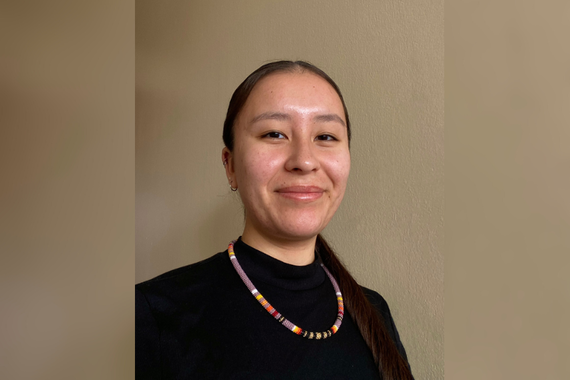
Truman Scholar, artist, and advocate Joleece Pecore uses her art to challenge inaccurate, harmful narratives surrounding Native identity and experiences.
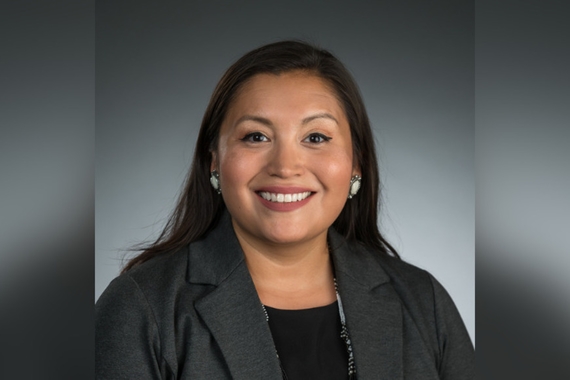
Kristen Talbert (BA ‘09, American Indian studies) was named to the National Center for American Indian Enterprise Development’s 2023 40 Under 40 list. She is the program manager of the Indigenous Leadership Academy at Arizona State University’s American Indian Policy Institute.
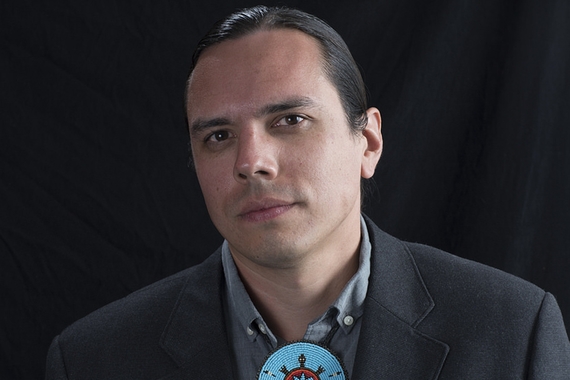
Nick Estes, an assistant professor in the Department of American Indian Studies, wants “to show that American Indian studies is a stand-alone discipline.”
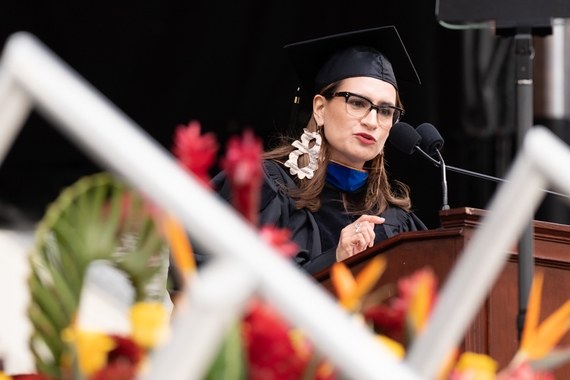
Flanagan is currently the highest-ranking Native woman in an executive office. The College of Liberal Arts helped her get to where she is today.
Read "Lieutenant Governor Peggy Flanagan Uses Her CLA Degree 'Every Single Day'"
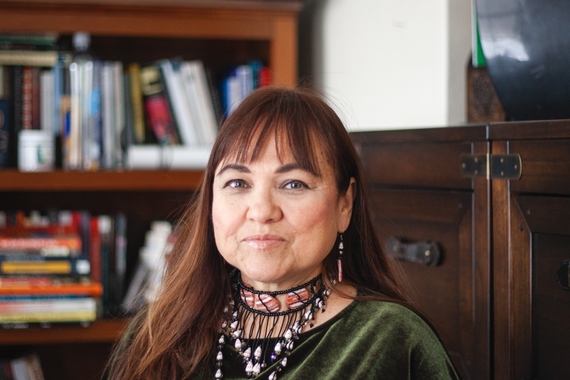
Associate Professor Christine DeLisle studies CHamoru women's historical work under US colonialism and their contemporary activism against US militarism. DeLisle compares indigenous feminisms, highlighting Indigenous women's stories and the importance of their roles in stewarding ancestral lands, waters, and communities.
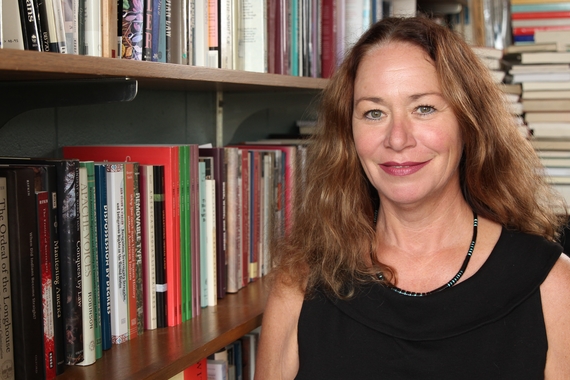
Jean O'Brien has been named a Regents Professor, UMN's highest honor for faculty, recognizing those who have made exceptional contributions to the University through teaching, research, scholarship, or creative work, and contributions to the public good. In 2022, she was elected to the Academy of Arts & Sciences, which honors those making preeminent contributions to their fields and the world.
Read "Jean O'Brien Elected to the Academy of Arts & Sciences"
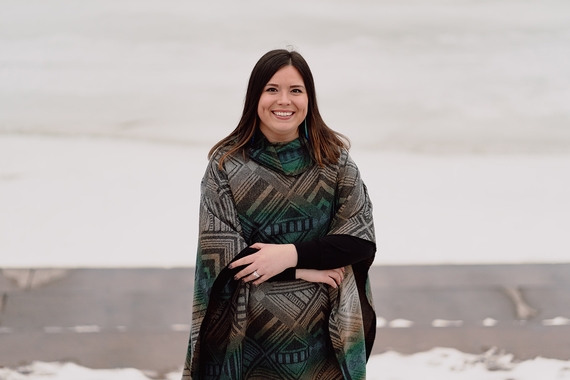
Dr. Jillian Fish (PhD ‘20, psychology), 2022 Emerging Alumni Award winner, leads with a decolonial approach in her research, scholarship, teaching, and community work.
Read "Jillian Fish: Empowering Indigenous Peoples with “'Voice, Vision, and Creativity'”
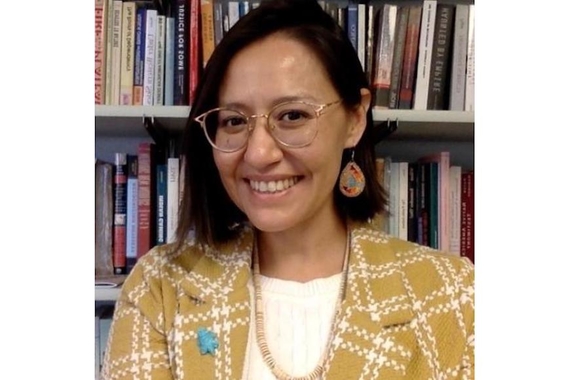
Assistant Professor Melanie K. Yazzie co-hosts and produces the podcast Red Power Hour and serves as lead editor for the open-access journal Decolonization. She is the advisory board chair for Red Media, an independent press and media project that centers Indigenous intelligence in all its forms. She also organizes with The Red Nation, a grassroots Native-run organization committed to the liberation of Indigenous people from colonialism and capitalism.
Learn more about Melanie K. Yazzie's public intellectualism, community organizing, and activism
Language Revitalization
The Dakota and Ojibwe Language Programs revitalize the knowledge and understanding contained in Minnesota’s indigenous languages. You can be a part of the global indigenous movement to revitalize indigenous languages and culture—because all languages transmit a valuable perspective of the world.
The Dakota and Ojibwe languages, like many other indigenous languages in the US, have become endangered due to the effects of boarding schools and other policies that prohibited their use. In 2009, it was estimated that there were 678 first-language speakers of the Ojibwe language and only five first-language speakers of the Dakota language in Minnesota.
“Language is one of the last things we have left. We were forced off our lands, were forced to give up our traditional lifeways. Language is one of the last things that we’ve been able to hang onto, and at this point, it’s in danger.”
Mskwaankwad Rice, PhD candidate in linguistics
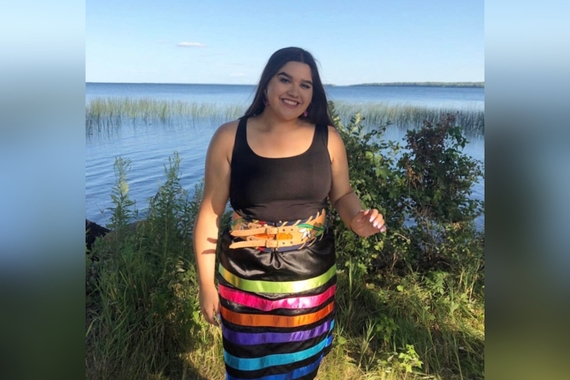
Jaeden King wants to preserve the Ojibwe language by bringing it to schools in her community.
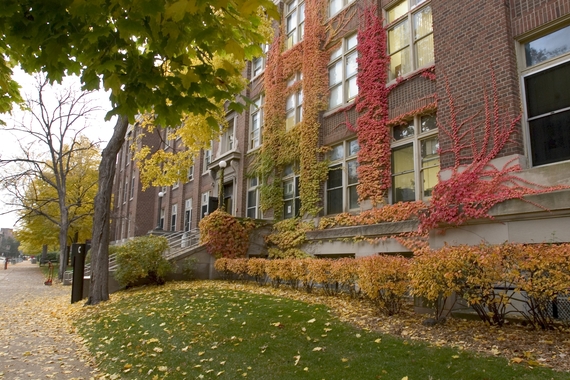
The Department of American Indian Studies sees an increase in language learners, establishes a new major in Dakota language, and invests in the Dakota Audio Journal.
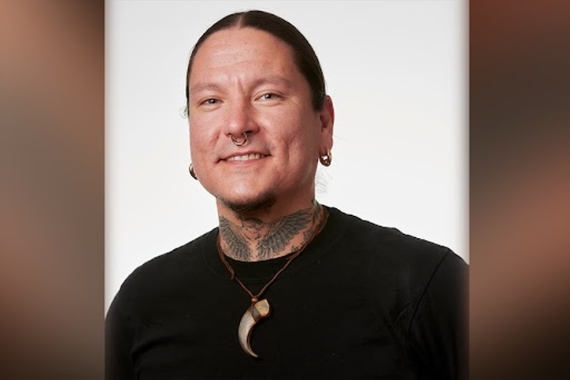
Language revitalization is an important aspect of Native language learners. While fostering language preservation, the linguistics graduate program has new efforts to help out Indigenous students with any challenges they may face.
Read "'Bridge the Gap': Linguistic Indigenous Language Revitalization and Resources"
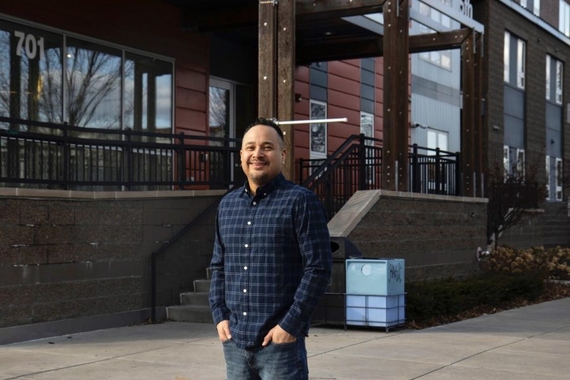
Associate Professor Brendan Kishketon (PhD ‘09, linguistics) has been making waves in Ojibwe language revitalization since his years in graduate school. Learn more about his research, community engagement, and program innovation.
Learn with us
Did you know that you do not need to be an enrolled student to take our courses? Learn more about getting started with the Ojibwe & Dakota Language Courses Guide and by reviewing the resources below.
1000-level
- AMIN 1001: Introduction to American Indian & Indigenous Peoples
- AMIN 1002: Indigenous Peoples in Global Perspective
- ARTS 1001 / 1001H: Introduction to Contemporary Art and Theory
- ENGW 1102W: Introduction to Fiction Writing
- ENGW 1103W: Introduction to Poetry Writing
- GEOG 1973: Geography of the Twin Cities
- ENGW 1104W: Introduction to Literary Nonfiction Writing
- HIST 1917: Racism, Anti-Racism, and the American Dream
- POL 1025: Global Politics
3000-level
- ANTH 3242W: Hero, Savage, or Equal? Representations of NonWestern Peoples in the Movies
- AMIN 3604: Indigenous Immersion Methods for the Home, Classroom, and Community
- CHIC 3412: Comparative Indigenous Feminisms
- GEOG 3973: Geography of the Twin Cities
- GWSS 3203W: Blood, Bodies and Science
- RELS 3321: American Indian Philosophies
- WRIT 3315: Writing on Issues of Land and the Environment
4000-level
5000-level
- AMIN 5412 / CHIC 5412: Comparative Indigenous Feminisms
- HIST 5891: American Indian and Indigenous Studies Workshop
- HIST 5910: Topics in U.S. History
8000-level
Support these languages
You can help ensure that these languages are passed down to future generations.
Make a gift to the Dakota Language Program
Making an Impact
Across disciplines, Indigenous students, alumni, faculty, staff, and community members are engaged in critical work, sharing expertise, and influencing our society.
“We advocated for a name restoration, because why change a name when there already is one? There have been other Native names for the lake, but 'Bde Maka Ska' is a name that has been continually used by our people for the longest amount of time.”
Kate Beane (BA '07 American Indian studies and PhD '14, American studies)
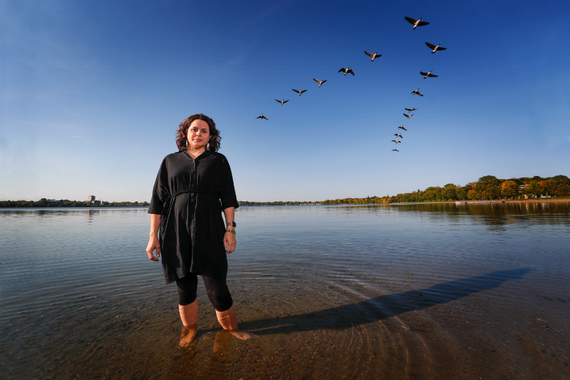
The epitome of a lifelong learner, Kate Beane has worked tirelessly to understand the links between the historic and contemporary experiences of her Native community.
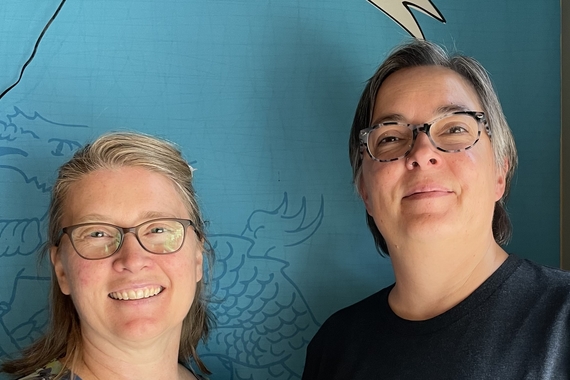
“Blood quantum was a tool of genocide that was imposed on us. And now, we are trying to find a way to get out from under that trauma.”
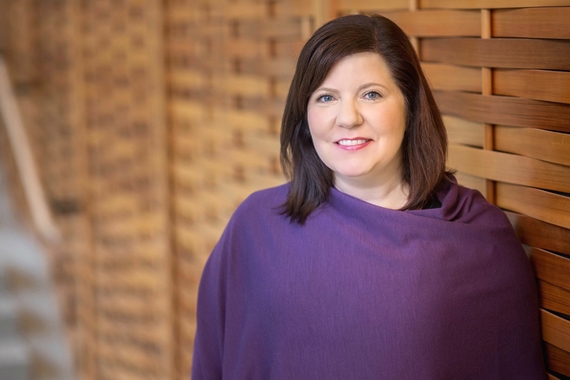
American Indian studies faculty member Sheryl Lightfoot (MA ‘94, public affairs; MA ‘07, political science; PhD ‘09, political science) is the North American Representative on the United Nations Expert Mechanism on the Rights of Indigenous Peoples and has plans to revitalize Indigenous languages and advance Indigenous human rights.
Read "Sheryl Lightfoot Appointed UN Representative for the Rights of Indigenous Peoples"
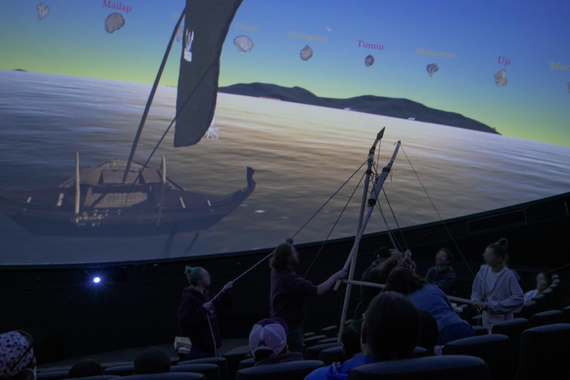
Professor Vicente Diaz is co-leading a project called Towards Indigenous Data Science, which takes the first steps in a data and computer science research agenda that advances and revitalizes modern and traditional technologies for the benefit of local Indigenous communities.
A poet and cultural anthropologist, Assistant Professor Gabriela Spears-Rico's first poetry collection, Deer Hide Elegies, pays homage to her Mexican farmworker community and Indigenous lineage and inspires resilience, renewal, and healing.
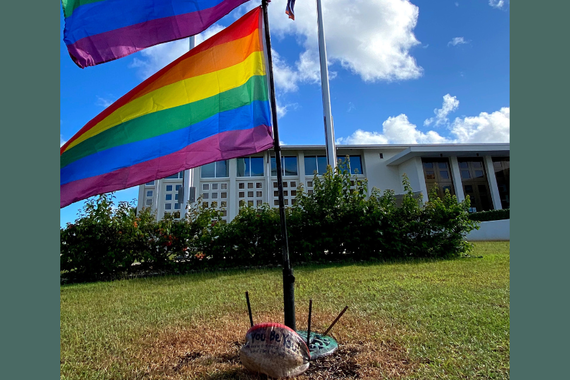
Jonny Quenga Borja draws from historical and anthropological methodologies to tell the stories of queer indigenous CHamoru people on the island of Guåhan (Guam).
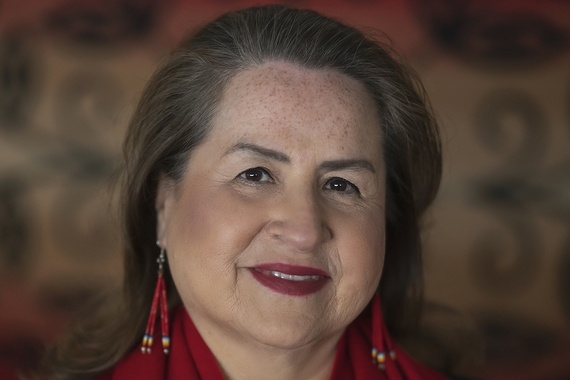
Northrop Professor Brenda Child contributed to this story, highlighting the Ojibwe’s respected hereditary chief, Medwe-ganoonind. "He weathered a difficult era, and we regard him as a visionary who adamantly opposed the allotment of the reservation."
Read "11 Native American Historymakers to Know" (Time Magazine)
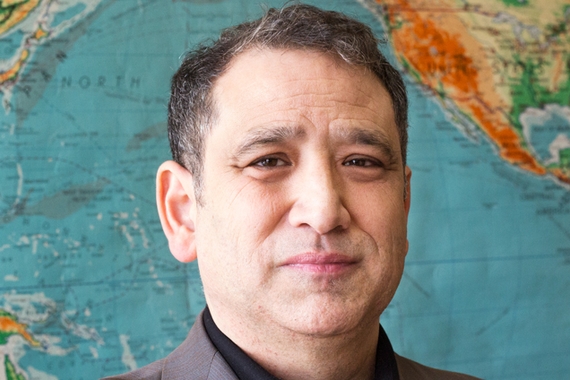
Professor David Chang challenges persistent narratives about Hawaii’s past. “For too long, history has been written as if Hawaiians were passive observers of their own history, isolated from and uninterested in the outside world,” he says. Chang aims to update our perspective on Hawaii’s past by presenting it through the eyes of the people who lived through it.
Read "Changing the Narrative: Hawaiian History from Hawaiian Perspective"
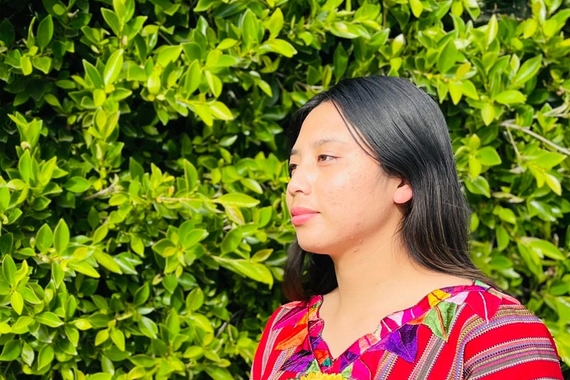
Assistant Professor Osiris Aníbal Gómez and PhD candidate Olga Salazar Pozos created an arts workshop to collaborate with vulnerable women and tell their stories.
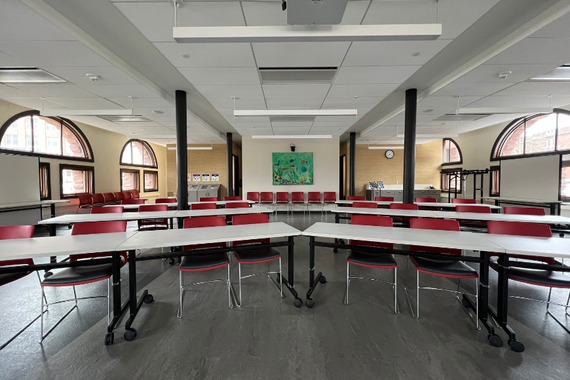
In this Liberal Arts Engagement Hub residency, a team of Indigenous and ally researchers bring forward opportunities and acts that empower liberatory thinking, ethical research relationships, and re-humanizing pedagogies with Indigenous communities and tribal institutions that center Indigenous environmental issues that can be confronted through the relationship between science, art, and education.
Resources
- Resources for Indigenous students
- Indigenous Students in Linguistics
- Scholarships
- Native American Promise Tuition Program
- Clubs and organizations
- American Indian Cultural House
- Ojibwewigamig: Ojibwe Immersion House
- Resources & links from the American Indian studies department
Department of American Indian Studies
Learn about the country's oldest American Indian studies department.
Center for Race, Indigeneity, Disability, Gender & Sexuality Studies
Learn about how the Center for Race, Indigeneity, Disability, Gender & Sexuality Studies brings together faculty and students to pursue lines of inquiry that challenge systems of power and inequality, assert human dignity, and imagine social transformation.
Circle of Indigenous Nations
Part of the Multicultural Center for Academic Excellence, the Circle of Indigenous Nations is a student services office that works to recruit, retain, and graduate American Indian/First Nations/Alaska Native students.
Upcoming Events
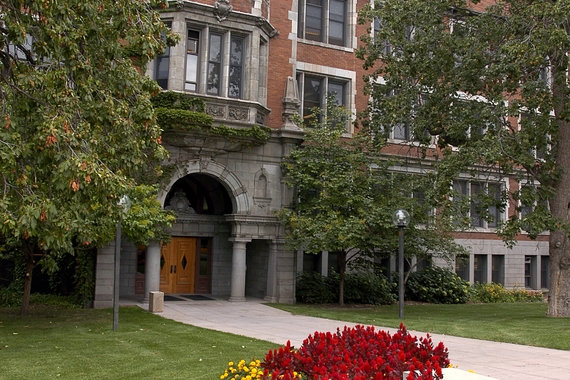
This presentation will explore Innu author Naomi Fontaine’s focus on teaching as part of a broader imperative to share knowledge of and cultivate respect for Indigenous experience and identity, through the lens of her community and heritage.
Learn more about and register for "The Writings of Innu author Naomi Fontaine"
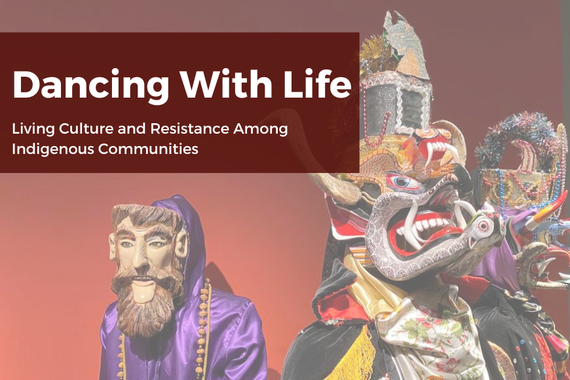
This panel will discuss a range of issues related to P’urhépecha and Pirinda traditions of danzas and the craft-making of masks by members of these communities in Michoacán.
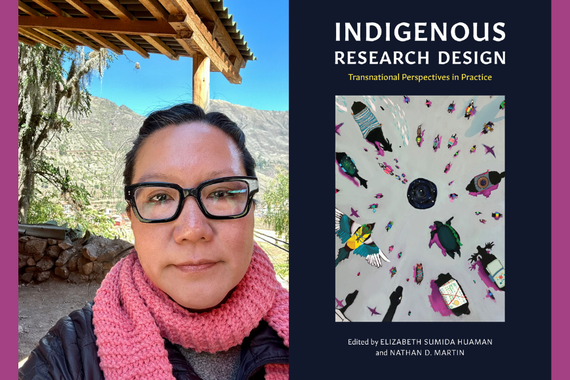
In recognition of their new edited volume, Indigenous Research Design (2023), co-editors Elizabeth Sumida Huaman and Nathan D. Martin will be in conversation with a panel of contributing authors on the many visions and processes of "coming to know" that Indigenous communities have engaged and transformed through creative research design.
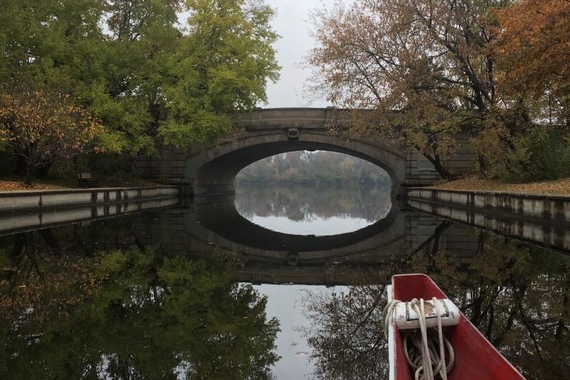
This exhibit honors the interconnectedness between the Native Canoe Program, UMN students, faculty, staff, and members of three Indigenous communities around Mni Sota Makoce (Minnesota). It also celebrates relationships with Dakota, Ojibwe, and Micronesian communities that have come together and found a common passion for sharing water traditions, while broadening the understanding of the waters that surround us through the resurgence and revitalization of canoe communities.
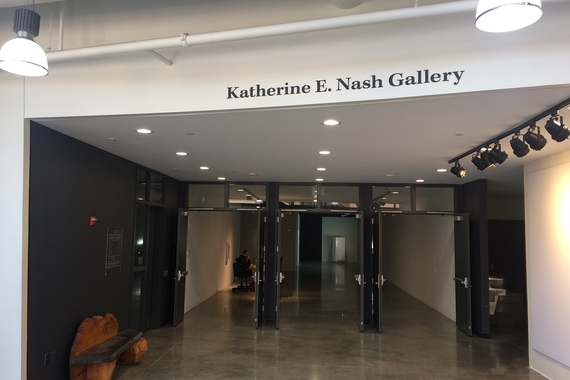
Dreaming Our Futures: Ojibwe and Očhéthi Šakówiŋ Artists and Knowledge Keepers features work in a wide variety of painting media and esthetic approaches by 29 artists, curated by Brenda J. Child, Northrop Professor of American Studies, and Howard Oransky, Director of the Katherine E. Nash Gallery.
Learn more about "Dreaming Our Futures" (in the upcoming exhibitions section)
